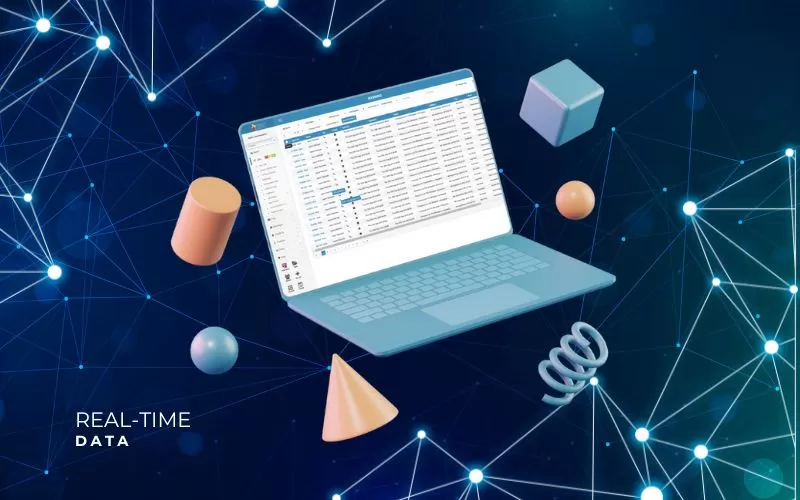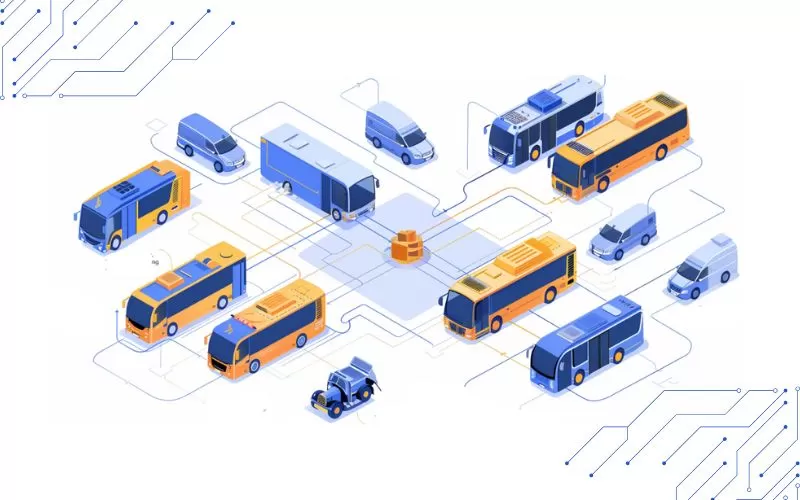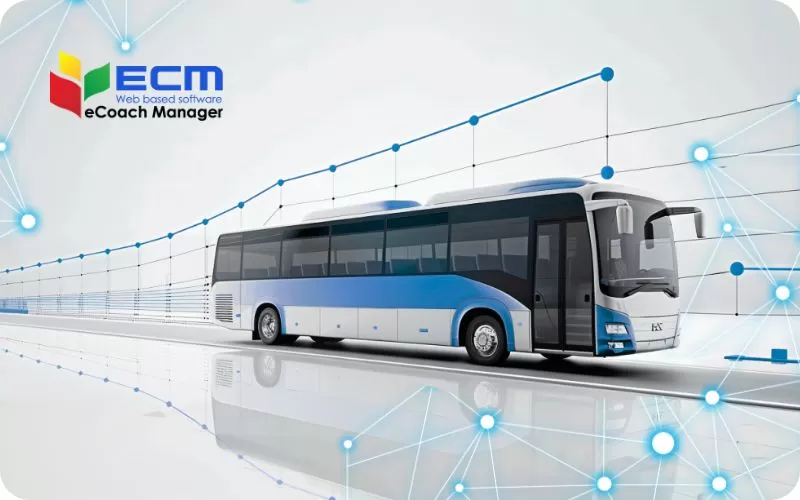Cut Costs and Boost Productivity with the Latest Innovations in Transportation Management Software
In today’s competitive logistics and transportation sector, operational efficiency and cost-effectiveness are paramount. Enter Transportation Management Software (TMS), a transformative technology for businesses seeking a competitive edge. This detailed exploration provides insights into how TMS can significantly enhance operational efficiencies, reduce overheads, and promote sustainable business growth.
Exploring the Capabilities of Transportation Management Software
Transportation Management Software is a sophisticated tool designed to manage and optimise the movement of goods. This technology integrates route planning, carrier selection, freight auditing, and payment processing. By adopting TMS, businesses can substantially reduce freight costs, optimise shipment procedures, and access enhanced data analytics for strategic decision-making.

Comprehensive Benefits of Transportation Management Software
Automation Enhances Operational Efficiency
Automation is a cornerstone of modern Transportation Management Software. Traditional logistics processes, often manual and error-prone, could be more efficient and costly. TMS automates these processes, including route planning, carrier management, and transaction handling, enhancing operational speed and accuracy while significantly reducing potential errors and increasing productivity.
Intelligent Route Planning Reduces Costs
TMS utilises advanced algorithms to devise optimal shipping routes. These algorithms consider various dynamic factors such as traffic conditions, weather disruptions, and vehicle performance metrics. Optimising routes reduces unnecessary mileage, lowers fuel consumption, diminishes vehicle wear and tear, slashes transportation costs, and extends asset life.
Scalability and Customization Offer Flexibility
As businesses grow, their logistical needs expand. Transportation Management Software is highly scalable, capable of managing increasing volumes of operational data and adapting to more complex logistical networks without performance loss. Additionally, TMS systems are customisable, allowing them to be tailored to the specific logistical requirements of any business, making them equally useful for small enterprises and multinational corporations.

Real-Time Data Drives Proactive Management
Immediate access to logistical data through TMS allows companies to manage their supply chains proactively. Real-time updates on vehicle locations, shipment statuses, and performance metrics enable logistics managers to make informed decisions swiftly, adapt to changing conditions, and maintain continuous control over their transportation networks.
Elevated Customer Satisfaction Through Reliable Service
Timely and accurate deliveries are crucial for customer satisfaction. TMS improves service reliability by ensuring timely deliveries and goods arrive in perfect condition. It also enhances transparency in the shipping process, which builds customer trust and loyalty—a vital component for business success in today’s market.
Frequently Asked Questions
What precisely does transportation management software do?
Transportation management software automates the planning, execution, and optimisation of shipping operations. It simplifies complex logistics tasks, improves efficiency, and reduces operational costs, all while providing analytics that support strategic planning and execution.
How does transportation management software integrate with existing systems?
Most TMS solutions are designed to integrate existing business systems seamlessly, including ERP (Enterprise Resource Planning) and CRM (Customer Relationship Management) platforms. This ensures data consistency across all business functions, enhancing operational transparency and efficiency.
Who benefits from implementing transportation management software?
Transportation management software is invaluable for any entity involved in transporting goods. This includes manufacturing firms, logistics companies, freight forwarders, and retail enterprises that require efficient and reliable shipping operations to meet customer demands and manage supply chains effectively.
What are the direct cost-saving benefits of using TMS?
TMS optimises route selection and freight consolidation, significantly reducing fuel costs and improving vehicle utilisation. Automated features streamline operations, decrease labour costs, and minimise errors and waste. Additionally, analytics provided by TMS can identify further areas for cost reduction and operational improvement.
